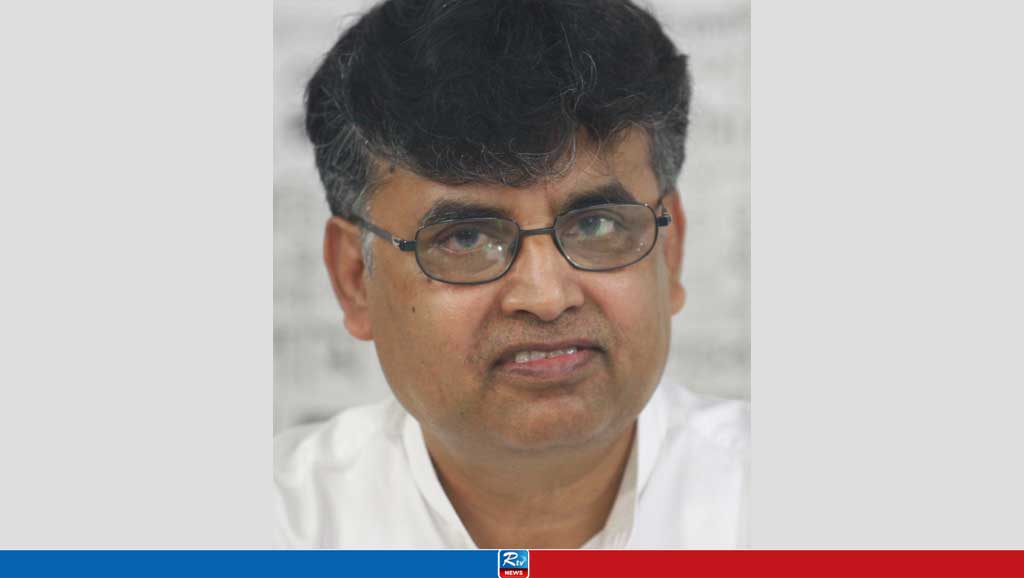India’s demands will be seriously looked at: Israel Ambassador to India
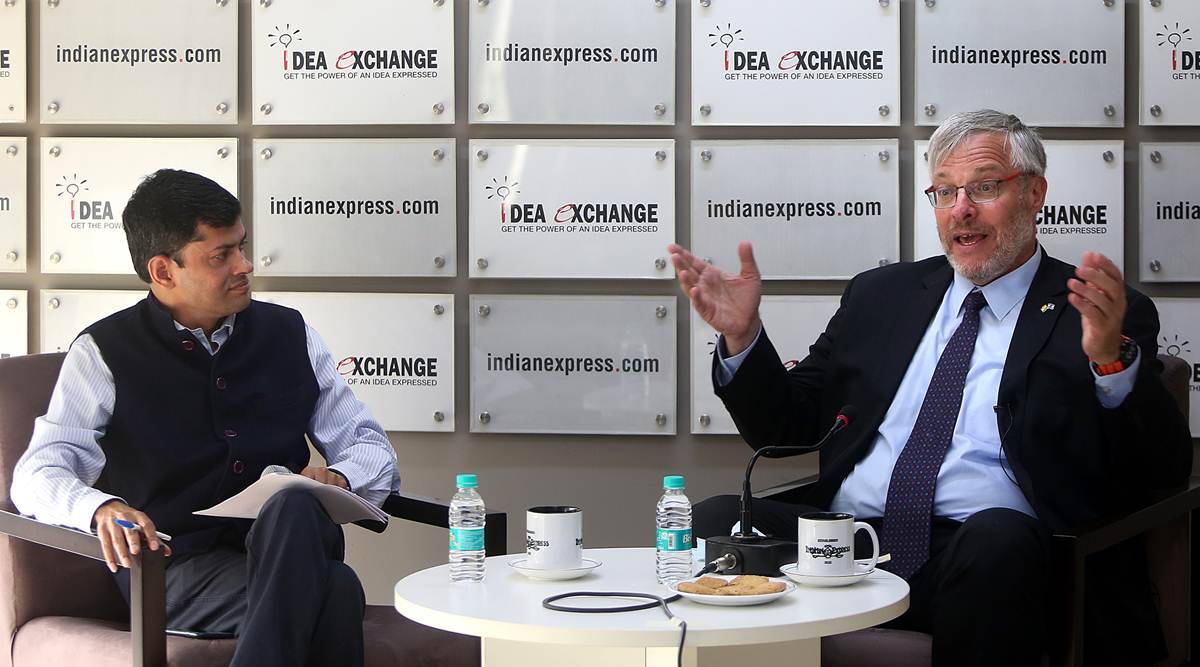
Naor Gilon, Israel Ambassador to India, talks about India and Israel coming closer post 26/11, Israel’s vaccination drive and lessons it learnt from the pandemic, the Pegasus spyware and loss of privacy. This session was moderated by Shubhajit Roy, Deputy Chief of National Bureau, The Indian Express.
Shubhajit Roy: This year, we mark 13 years of 26/11 terrorist attacks in Mumbai. What changed in the relationship between Israel and India post 26/11?
I wasn’t here to witness the changes but since the attack, the cooperation between the nations on the issue of counter-terrorism has been intimate. Be it the methods of work or technology, the two countries are working closely.
Shubhajit Roy: What if today a similar attack happened, do you think an Israeli operation is possible here?
The intimacy between the two countries is such that whatever India will ask will be seriously and positively looked at. We also worked together during the COVID pandemic. When most of the world stopped the export of shielding equipment for medical staff and people, India decided to export to Israel at a very sensitive time. When the second wave hit here (India), Israel also sent oxygen and other things. We look at each other as very close friends and help in whatever way we can.
Shubhajit Roy: Israel suffered the pandemic early on but it was also one the fastest movers when it came to vaccination. What lessons did you learn?
Israel was one of the first countries to close the country because, initially, we didn’t know what was happening. Because of a lack of information, you’re nervous. Once Pfizer had the vaccines, Israel was able to convince them that we can be a real test bed because Israel is a very small country — 9 million people. We have been living in a sense of emergency from Day 1, so we are well-organised in executing things. We told Pfizer that every Israeli is under one of four health service providers. All of them are non-profit organisations. We are also very digitised, we have a good database. Therefore, we told Pfizer that if you allow vaccination in Israel, we’ll be able to provide microdata on side-effects, problems and age groups. Most of the initial information that was released by Pfizer was based on Israeli database. We were the first to vaccinate. One of the problems was that we are a young country. Thirty per cent of our population is under 16 (years of age). The most we could do was vaccinate 70 per cent of the population, and we vaccinated 90 per cent of this 70 per cent. We also have a lot of anti-vaxxers. We went for the first and second vaccination and we were the first ones, unfortunately, to realise that the second dose’s effect faded after six months. So we went for the booster dose before it was approved by the FDA (Food Drug Administration), because we had the experience. We started vaccinating children from the age of five last week.
Shubhajit Roy: Agriculture is one of the areas of cooperation, which has emerged between the two countries. There are 29 centres of excellence in 12 states across the country. Tell us a little about this area of cooperation.
We started our cooperation with India 25 years ago. For these centres of excellence, Israel brought the technology, India brought the land, manpower and the initial investment. Israelis came in, with outsourced companies, and they put up their greenhouses. I went to two places in Haryana — one was for horticulture and one for bees. We also did water management, which is a strong part of Israel. Haryana is well-organised and they took all this technology and did it in layers. All the jobs are done by Indians, Israelis come from time to time to see if the technology is up-to-date or to fix something. Now, to take it to the next level, there’s an agreement between our two governments to increase the centres of excellence to about 50, and, in three years, have 1,500 villages of excellence.
Shubhajit Roy: To take you back to the region… especially the Abraham Accords and last month when foreign minister S Jaishankar visited there was this new Quad of West Asia — the UAE, Israel and India and the US taking place. You said earlier that you are in a very hostile region. So, what are these shifts?
There’s a very significant shift in the Middle East. Many Gulf and Arab countries for years used Israel as the reason to explain to their public why they were underprivileged; you always need an enemy. For years, they have been poisoning their own population with the Palestinian issue. But many of them, out of fear of Iran and the changes in the Middle East, were cooperating with Israel for years. Because of the Abraham accords, their cooperation with Israel went from under the table to above it. The UAE is the strongest advocate of this line. Bahrain, Morocco and Sudan are there. Some countries are reluctant to take it to the open but they are still there. This is a huge shift. For they did what leaderships should do; they put the interests of their citizens first. And India did it before them, this de-hyphenation. When Indian Foreign Minister S Jaishankar visited Israel, we went to this fighter-jet training Blue Flag in the south of Israel. It was for the first time that Indian jets joined this training. We are working together in many fields. This group of four is not intended for military things. It’s a group of like-minded countries from different regions. The world is divided between pragmatists and extremists. The pragmatists are coming forward and saying that we are trying to make the lives of our people better. Israel and India belong to this group.
Kaunain Sheriff M: There’s evidence that we need to vaccinate the entire world so that we don’t have a new variant. What is the global strategy on vaccination because till now, only 50 per cent of the globe has received just the first dose?
This argument is not new, and, yes, the world is a global village. The manufacturing power of vaccines is becoming sufficient for the world today but I’m not sure if all the governments are able to vaccinate efficiently their population. Israel was quick on its feet and reached an agreement (with Pfizer). Maybe some will see it as selfishness but we also did it for the world, so that we can share the data with the world. Europe, now, will start the booster dose earlier than expected because of Israeli results. Many countries are lagging behind in vaccination and I don’t think it’s about money; vaccines are getting cheaper and the manufacturing capacity is increasing. So, the more global we go (with the vaccinations), the better it will be for all of us.
Monojit Majumdar: The new variant (Omicron) is in your country…
We will, unfortunately, have to take measures again but we are now more relaxed and understanding. It’s bad but it’s doable; we can live with it; we can find an equilibrium that will enable us to minimise the harm.
Shubhajit Roy: NSO, the Israeli technology company, created Pegasus for security reasons. It also has been used on civil society — politicians, journalists and activists. Two of our colleagues were on the list of potential targets. As a fellow democracy, you feel concerned that a technology as potent as this has been used against its own citizens?
NSO is a private Israeli company, which developed a tool for countering terrorism and probably saved lives. Understanding the gravity of the tool, Israel put export control measures on the tool. So, they are limited in their export to only government players and only certain government players. About all the rumours or claims around it, I have no knowledge about it. When it comes to India, it’s an internal political fight. I am a diplomat and the new ambassador, I am not allowed to go into internal debates here. I will leave it at that.
Shubhajit Roy: Does the Israeli government have information that NSO has supplied or exported the technology to other governments?
As I said, the export of NSO, a private company, is under supervision. They are not allowed to export, they don’t have a licence to export.
Shubhajit Roy: The Israeli government will have access to names of countries, agencies and actors to whom NSO might have provided the spyware?
They get an export licence.
Shubhajit Roy: Would you be comfortable sharing that information to some court if it asked?
If it’s hypothetical, I will not go into it.
Raj Kamal Jha: So, the Israeli government would know if the NSO sold the software to the Indian government?
Every export of this private company’s technology has to go under licence. I hope they stand by the commitment because it’s a legal issue here.
Raj Kamal Jha: Would the government have a view on how the software has been used or does it keep an arm’s length?
When you sell a tool to someone, you don’t know how they will use it in general. You sell someone something but you’re not controlling what they do with it.
Shubhajit Roy: There’s no end-user verification?
There is end-user verification. Why not? Export licence is to an end-user.
(the conversation is copied from the original source, and not edited by Rtv)
Source: The Indian Express
Comments
Japan's yen dips to 34-year low against US dollar
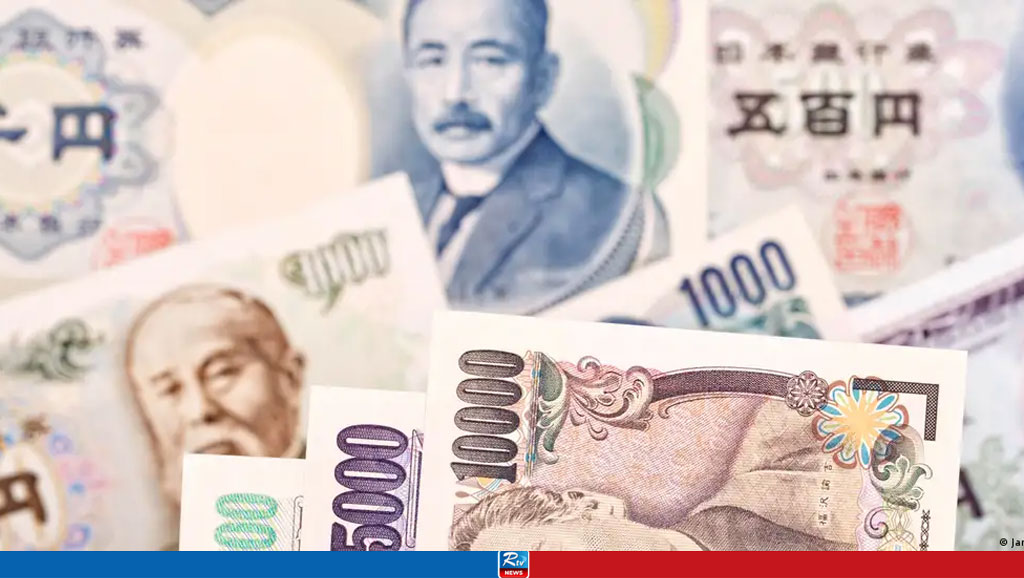
Decoding China’s Neo-Colonist practices in Africa
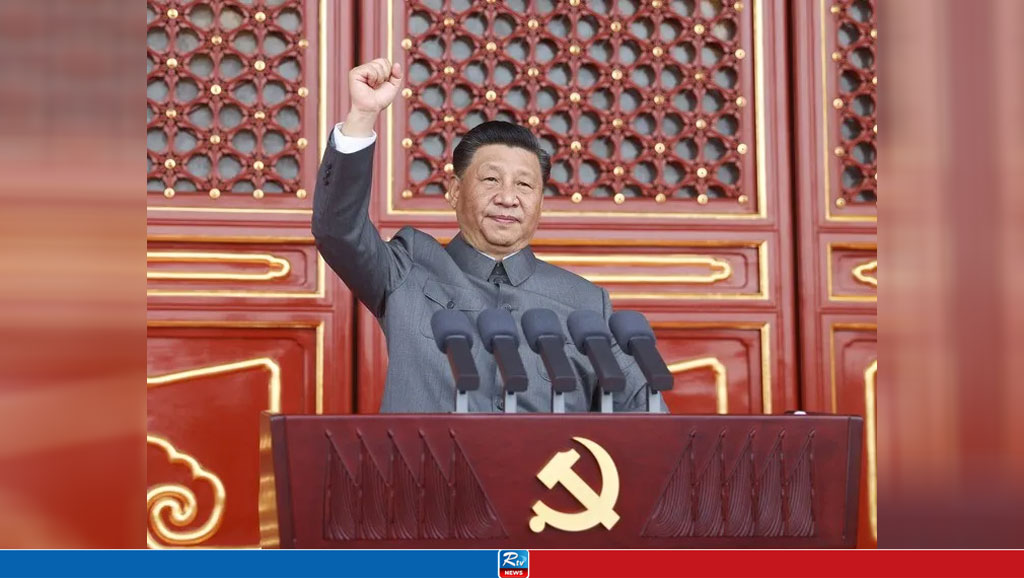
Jacob Zuma barred from running in election

45 dead in South Africa bus crash, 8-year-old girl only survivor

World's most expensive cow sold for $4.3 million in Brazil

Turkey: Polls close in Erdogan's 'last election'

Italy is overtaking Germany as Europe's economic powerhouse
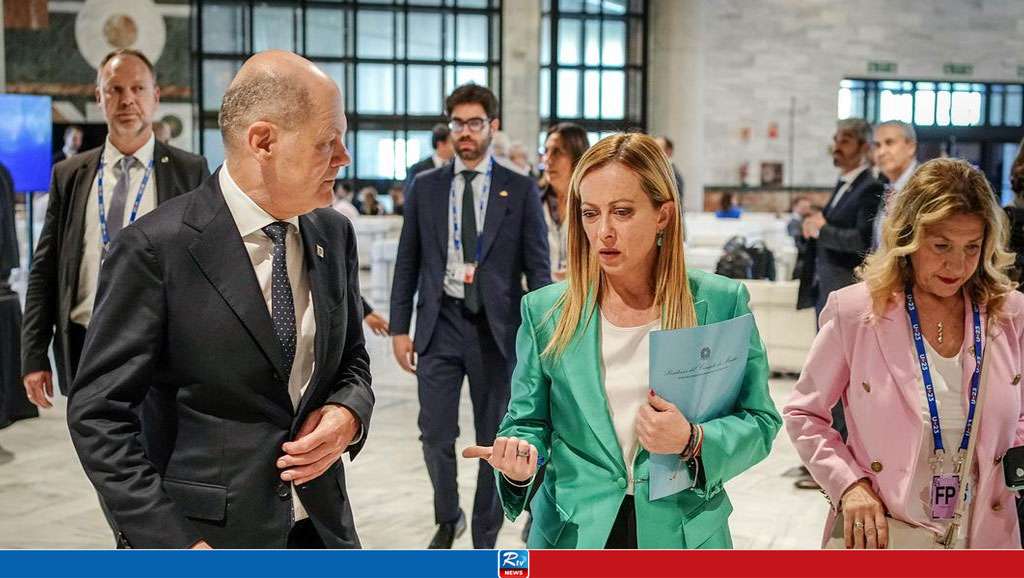

 Live Tv
Live Tv


